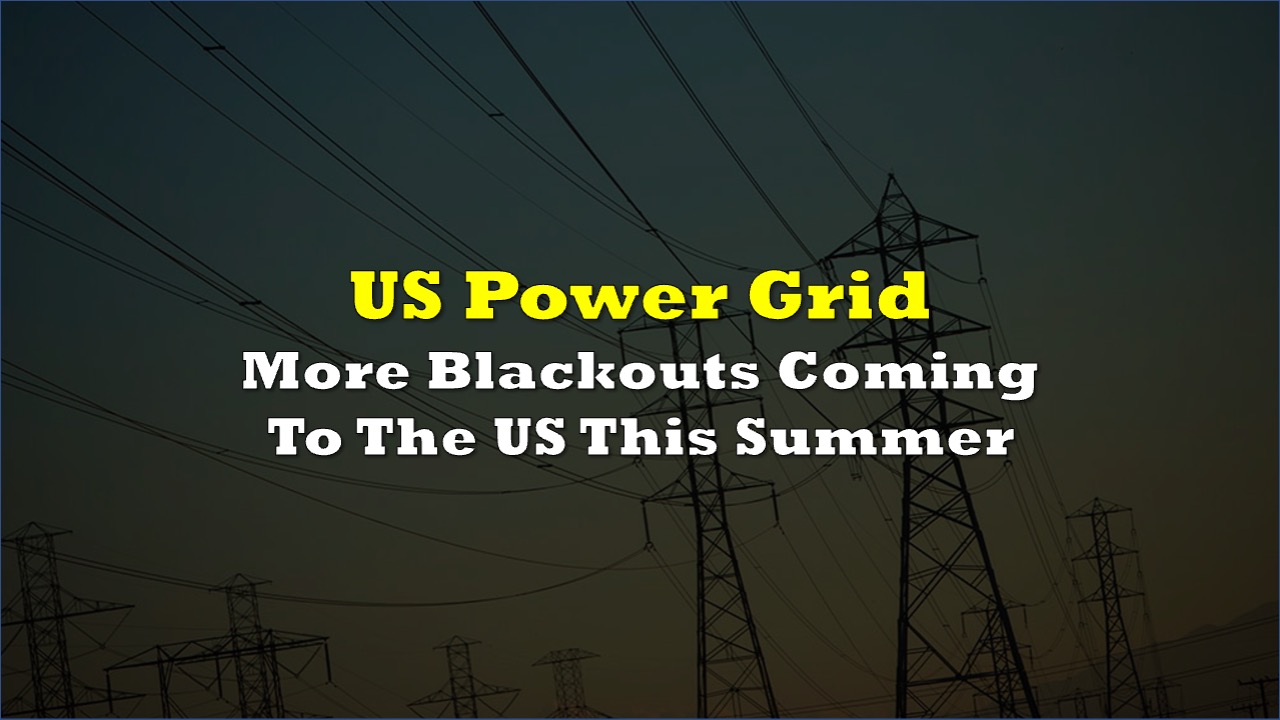Summer in most of the US and parts of Canada will come with increased blackout risks as extreme heat is expected to put pressure on the already strained power network.
A media notice issued by the North American Electric Reliability Corp (NERC) on Wednesday warns that the coming summer’s blackouts are expected to be more to be more widespread than last year’s.
The notice said that the US West, Midwest, Texas, Southeast, New England as well as Ontario “may experience shortfalls” of power as temperatures rise in the next few months. Last year’s summer assessment did not include the US Southeast.
NERC, a non-profit international regulatory authority that develops and enforces reliability standards for power grids in the US and Canada, releases an annual assessment of seasonal and long-term reliability and is scheduled to release this year’s report on May 17.
The power grid that provides electricity to 400 million homes is growing increasingly vulnerable to outages as the network ages and the weather becomes more severe. And the outages are not exclusive to the summer season. Extreme winter weather have also left thousands of people with no power.
In January, at NERC’s 2023 Reliability Leadership Summit, the sector’s leaders tackled grid transformation and resilience efforts. The outages, according to Scott Aaronson, senior vice president of security and preparedness for the Edison Electric Institute, the firm that represents investor-owned utilities, the sector is also dealing with shortages of materials and equipment.
The accelerating shift to renewables is also posing a long-term issue. At same summit, Gordon Van Welie, president and CEO of ISO New England, talked about gas-electric coordination.
A “primary vulnerability,” he said, “is the premature retirement of resources that can provide this balancing energy and in the longer term, the risk that there will not be sufficient investment in balancing resources. As electrification drives load growth, I think there tends to be a bigger risk.”
Information for this story was found via Bloomberg, Utility Dive, Oil Price, and the sources and companies mentioned. The author has no securities or affiliations related to the organizations discussed. Not a recommendation to buy or sell. Always do additional research and consult a professional before purchasing a security. The author holds no licenses.






